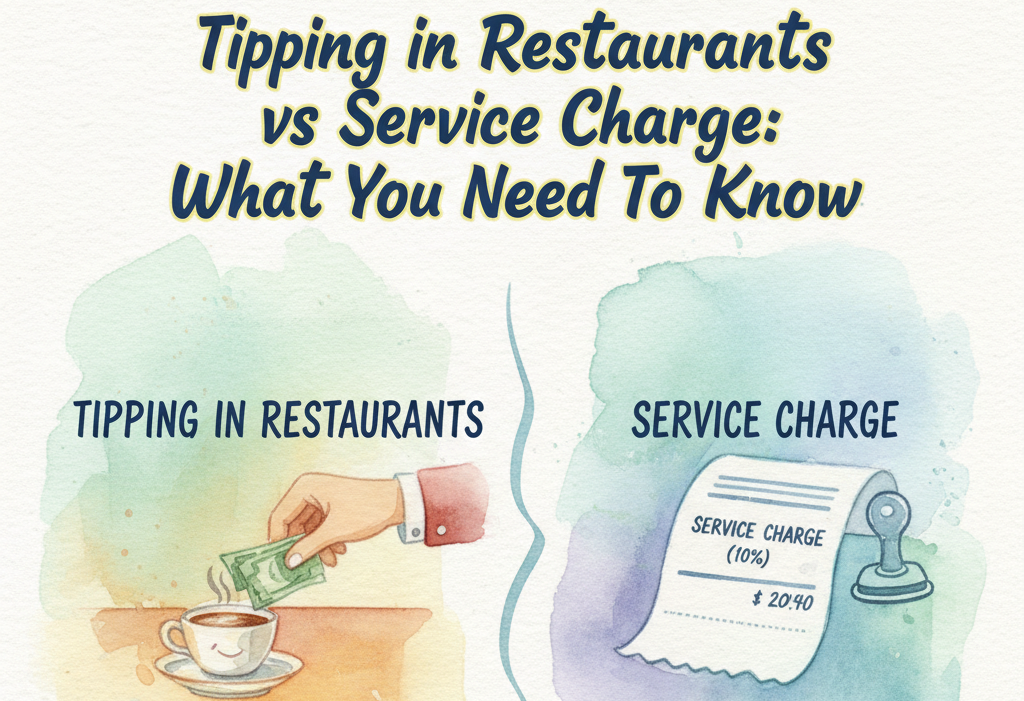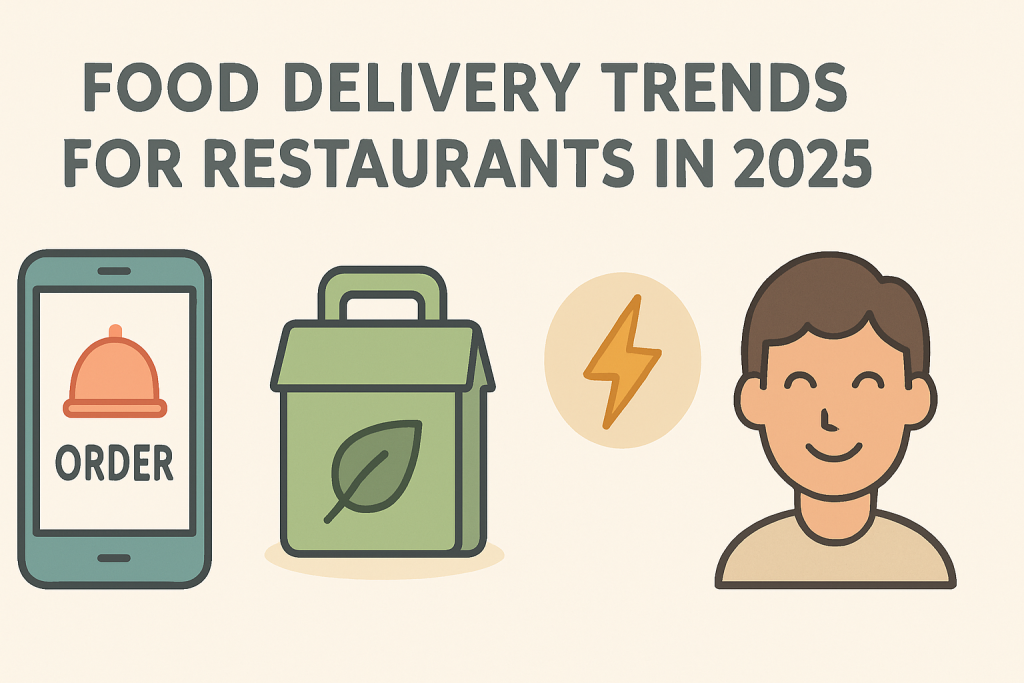The restaurant industry’s dynamic nature often comes with its own challenges, including the persistently high turnover of employees. In this blog, we’ll explore the reasons behind this phenomenon, its wide-ranging impacts, and actionable strategies to retain your valuable team members within the unique context of the restaurant world.
Why High Employee Turnover Occurs
- Compensation and Benefits: In an industry known for hard work, low wages and limited benefits can lead employees to seek better opportunities elsewhere, affecting staff loyalty and commitment.
- Work-Life Balance: Irregular hours and demanding shifts can disrupt personal lives, causing burnout and diminishing job satisfaction among restaurant staff.
- Lack of Growth: With limited avenues for career advancement and skill development, ambitious individuals may look beyond their current roles for progression.
- Inadequate Training: A lack of thorough training leaves employees ill-equipped, impacting their performance and leading to frustration.
Impacts of High Employee Turnover
- Disrupted Team Dynamics: Frequent departures disrupt the camaraderie and smooth operations of the restaurant, affecting overall teamwork.
- Customer Experience: Consistent service is essential for customer satisfaction. High turnover can result in inconsistent experiences, leading to reduced patron loyalty.
- Increased Costs: The cycle of hiring, training, and onboarding new staff incurs significant costs, impacting the financial health of the restaurant.
- Loss of Knowledge: Experienced employees possess crucial insights into the menu, customer preferences, and operational nuances. Their departure leads to a loss of institutional knowledge.
- Decreased Morale: A high turnover environment can create feelings of instability among the remaining staff, causing reduced morale and productivity.
Strategies to Address Turnover
Recognition and Appreciation
Recognition is the currency of loyalty. Showcase exceptional work through spotlights, awards, or even sharing customer commendations. When employees feel valued, their commitment deepens.
Investment in Skill Enhancement
Skill enhancement isn’t a one-time event; it’s a journey. Develop a culture of continuous learning. Regularly introduce workshops on new culinary trends, communication techniques, and customer service excellence.
Flexible Scheduling
Striking work-life balance is a two-way street. Implement flexible scheduling that honors employees’ obligations beyond the restaurant. Consider split shifts, part-time roles, or compressed work weeks.
Mentorship Programs
Pair new hires with seasoned staff for mentorship. Beyond training, mentors provide guidance and a sense of belonging. A seasoned mentor can ease the integration process, leading to longer tenures.
Effective Management
Ensuring managers communicate effectively, provide constructive feedback, and lead by example sets a positive tone for the entire team.
Feedback Channels
Establish channels for employees to voice concerns and share suggestions to reinforce their involvement in shaping a positive workplace.
High employee turnover can be tamed through insightful strategies that align with the unique fabric of the restaurant industry. By appreciating your staff’s value, investing in their growth, and embracing a culture of inclusivity, you can foster a dynamic and enduring team committed to your restaurant’s success.



